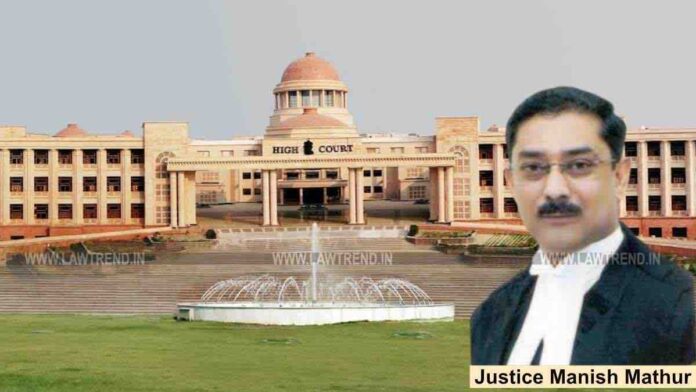The Lucknow Bench of the Allahabad High Court has ruled that in the event of a discrepancy or conflict between the Hindi and English versions of a state law or regulation, the English version shall be considered the authoritative text. The decision came in a writ petition filed by a candidate seeking consideration for a
To Read More Please Subscribe to VIP Membership for Unlimited Access to All the Articles, Download Available Copies of Judgments/Order, Acess to Central/State Bare Acts, Advertisement Free Content, Access to More than 4000 Legal Drafts( Readymade Editable Formats of Suits, Petitions, Writs, Legal Notices, Divorce Petitions, 138 Notices, Bail Applications etc.) in Hindi and English.




